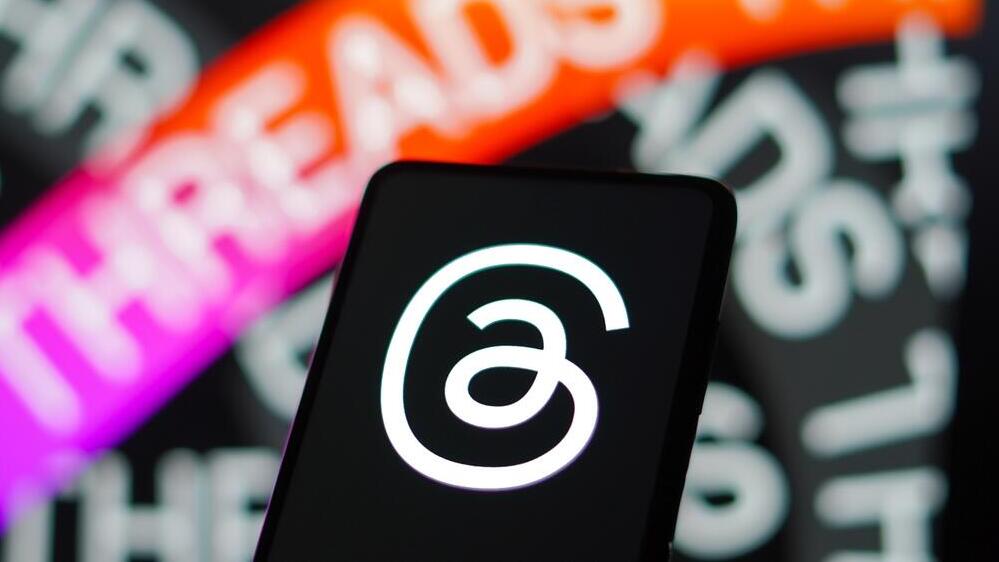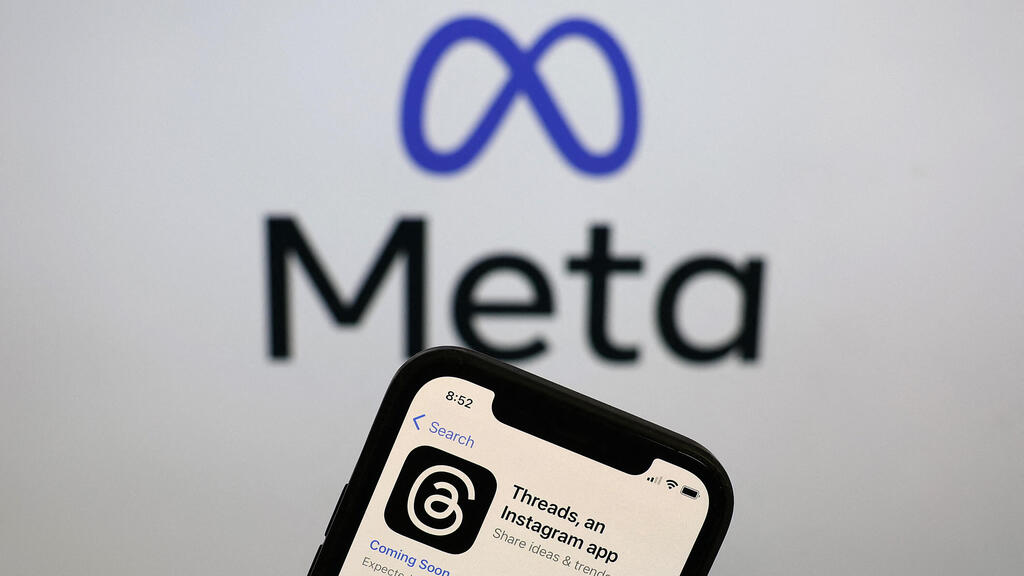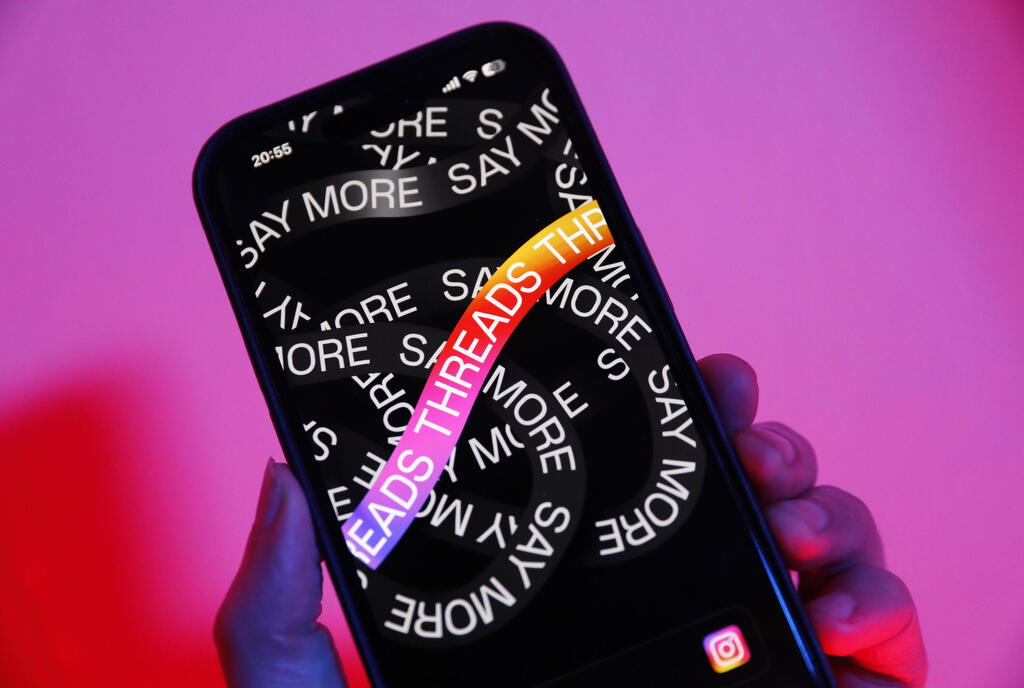Getting your Trinity Audio player ready...
Remarkably, within just seven hours of its release on Wednesday, Threads garnered over 10 million users, including a significant number of celebrities.
More stories:
Among the early users were Jennifer Lopez, Shakira, Gordon Ramsay, Tom Brady and Coldplay, as confirmed by a spokesperson. Instagram's Threads app, a text-based social media platform that aims to rival Twitter, has been made available to users in over 100 countries. The app allows users to easily sign up using their existing Instagram accounts, potentially giving access to over 2 billion monthly active Instagram users.
Upon opening the app, users are greeted with a scrollable feed consisting of short-form text posts, each limited to 500 characters. Additionally, they have the option to include individual or carousel photos and videos within their posts. The content displayed in the feed encompasses posts from accounts that users follow, as well as suggestions from creators based on the platform's recommendation algorithm. Users can actively engage with the content by liking, commenting, reposting (including quoting a post) and sharing it to their Instagram story or feed.
Does Threads support Hebrew?
Yes, it does. However, unfortunately, the text is aligned to the left, so any attempt to mix English text in your post would result in somewhat jumbled text. Zuckerberg, take note.
What kind of content can be expected on Threads?
Due to its integration with Instagram, it is expected that discussions on Threads will focus on the realms of entertainment and lifestyle, not less than politics. The app has been buzzing with activity since its launch, with many content creators, influencers, brands and politicians already embracing it. However, a significant portion of the posts are dedicated to reactions and taunting regarding the launch (and the anticipated downfall) of Twitter. Therefore, it is still unclear what value the new app will bring to users and what its impact will be.
What is the user experience like on Threads?
The Threads feed combines content from people you follow alongside posts from content creators you may not necessarily know. Visually, it resembles the Twitter feed, and you can like, comment and repost posts just like on Twitter. However, the bottom toolbar, menus and icons resemble more that of Instagram. Users familiar with either of these apps will feel at home on Threads. However, it is evident that Threads was launched in a hurry: Users have reported bugs in the app, and the available features are currently very rudimentary.
What is currently missing in Threads?
There are several notable shortfalls: Currently, you cannot edit posts after publishing them, the search function only allows finding user profiles and not posts and the app does not support hashtags to group posts on a specific topic. Another missing aspect is advertisements. In their announcement, the team explained that they prefer to focus on the growth of the app rather than monetization at the moment. It is reasonable to assume that if the app meets Meta's expectations, advertisements will eventually be introduced.
What are the differences between Twitter and Threads?
Currently, Twitter offers much more to its users: it has all the features mentioned in the previous section and additional features like direct messaging, voice chat rooms (Spaces), the option to choose between different feeds (For You and Following), saving drafts of posts and more. On the other hand, Twitter has also made some unexpected moves, such as limiting content visibility to registered users without prior notice and then announcing a limit on the number of daily posts users can read.
Is Threads really a Twitter killer?
It is too early to determine if Threads will dethrone Twitter. Although the app gained 10 million users within seven hours and has generated significant interest in recent years, we have seen many social networks rise and then crash or decline after weeks and months (such as Clubhouse or BeReal). Twitter still has a large and loyal user base that won't easily abandon it, especially not for Zuckerberg's empire. Nonetheless, there is no doubt that Threads poses the most significant threat to Twitter in recent years.
Is Threads a decentralized social network?
Not currently, but Meta promises that it will eventually support the ActivityPub protocol, which is also used by the decentralized social network Mastodon. This means that Threads users will be able to transition to another social network that supports the protocol along with their personal information and friends' list.
According to Meta, in the future, users of other social networks will be able to communicate with Threads users even without having an account on the app and vice versa. "We believe this decentralized approach, similar to the protocols governing email and the web itself, will play an important role in the future of online platforms," Meta said.
Are there other alternatives to Threads and Twitter?
The list of contenders for the crown has been growing and expanding in recent months. One of the more prominent names on this list is Bluesky, founded by Twitter co-founder Jack Dorsey. Mastodon has also gained momentum following the chaos caused by Elon Musk's acquisition of Twitter. There are also Hive, Nostr, T2, Spill, and, of course, Post, founded by Noam Bardin, the former CEO of Waze.
Can you trust Threads to protect your privacy?
Meta doesn't have a shining track record in this field, and the technology website TechCrunch has already labeled Threads as a "privacy nightmare." The reason is that the app collects a significant amount of user data, including sensitive information such as location, financial data, contacts, search history, medical data, communication details and more.
Additionally, Threads will not initially launch in European Union countries, most likely because it doesn't meet the requirements of the Digital Markets Act, which limits data sharing about users across different platforms. The privacy laws of the European Union are stricter than those of the United States, the United Kingdom and Israel.





